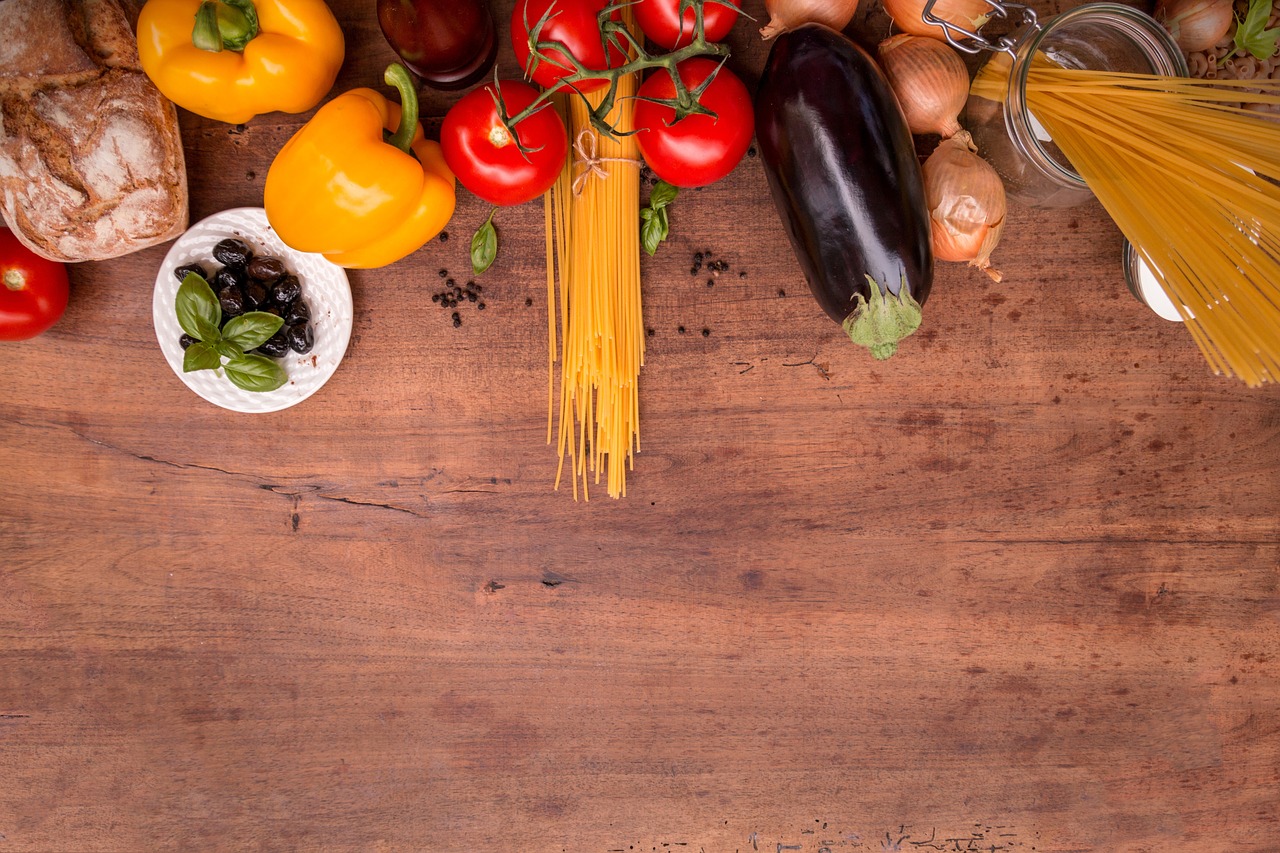Nutrition science is an incredibly young discipline. The idea that we could tackle some of our most dangerous modern diseases, like heart disease, stroke, and cancer, only really began to gain traction in the 1970s, and even then, people didn’t take the idea particularly seriously. Sure, eating right was good for overall health, but it couldn’t make THAT much of a difference.
As the years wore on and the science developed, a clear pattern emerged. The more people ate a certain kind of diet high in nutrients and low in junk, the longer and healthier they lived. What’s more, they had an uncanny knack to avoid the diseases of aging - conditions that the modern medical establishment still can’t really do much about.
The problem with this view is that we now have a mountain of evidence from a large number of researchers that food really can heal the body over the long-term.
What’s more, the epidemiological studies from the places where people live the longest all seem to point to a healthy diet as a significant contributing factor. None of these areas eat a diet high in animal products. Most live on simple plant foods grown in local soil. When you eat lots of beans, greens, fruits, and seeds over the long term, it appears to change the body in fundamental ways, making it more resistant to the ravages of aging over time.
Don’t Rely On Food For All Ailments
There are situations, however, when food is not enough to protect you against illness, and you need medical intervention.
Antibiotics are a good example. While what you eat will help make you more robust against bacterial infection, it can’t protect you entirely. Occasionally, some nasty pathogens will overwhelm your defenses, giving you no choice but to go along to the doctors.
The same applies to autoimmune conditions. While changing your diet can help, the only proven effective intervention are conventional pharmaceutical drugs.
Food has its limits, but it has also been neglected terribly. There are now numerous studies that show that changing your overall dietary pattern to eat more whole plant foods can help enormously in reducing the chances that you’ll fall seriously ill. Use food as a powerful intervention and concentrate on eating the healthiest varieties out there.
Photo from Pixabay
Food is a kind of medicine if you use it right. There are all kinds of cancer-fighting foods that research reveals helps to improve symptoms in vivo and in vitro. In some cases, the effect of lifestyle change is so profound that it can REVERSE conditions like prostate cancer. Researcher Dean Ornish, for instance, found that when he fed men with prostate cancer a diet high in fruits and vegetables, their tumors actually shrank over the twelve months of the study. Some patients went into full remission.
The Long-Term Effects Of Food
The medical community is fighting back against Hippocrates’ notion that food is a kind of medicine. The common retort is “food is just food,” and anyone who says that you can heal our biggest killers is a quack.
Photo from Pixabay
What’s more, the epidemiological studies from the places where people live the longest all seem to point to a healthy diet as a significant contributing factor. None of these areas eat a diet high in animal products. Most live on simple plant foods grown in local soil. When you eat lots of beans, greens, fruits, and seeds over the long term, it appears to change the body in fundamental ways, making it more resistant to the ravages of aging over time.
Don’t Rely On Food For All Ailments
There are situations, however, when food is not enough to protect you against illness, and you need medical intervention.
Antibiotics are a good example. While what you eat will help make you more robust against bacterial infection, it can’t protect you entirely. Occasionally, some nasty pathogens will overwhelm your defenses, giving you no choice but to go along to the doctors.
The same applies to autoimmune conditions. While changing your diet can help, the only proven effective intervention are conventional pharmaceutical drugs.
Food has its limits, but it has also been neglected terribly. There are now numerous studies that show that changing your overall dietary pattern to eat more whole plant foods can help enormously in reducing the chances that you’ll fall seriously ill. Use food as a powerful intervention and concentrate on eating the healthiest varieties out there.


